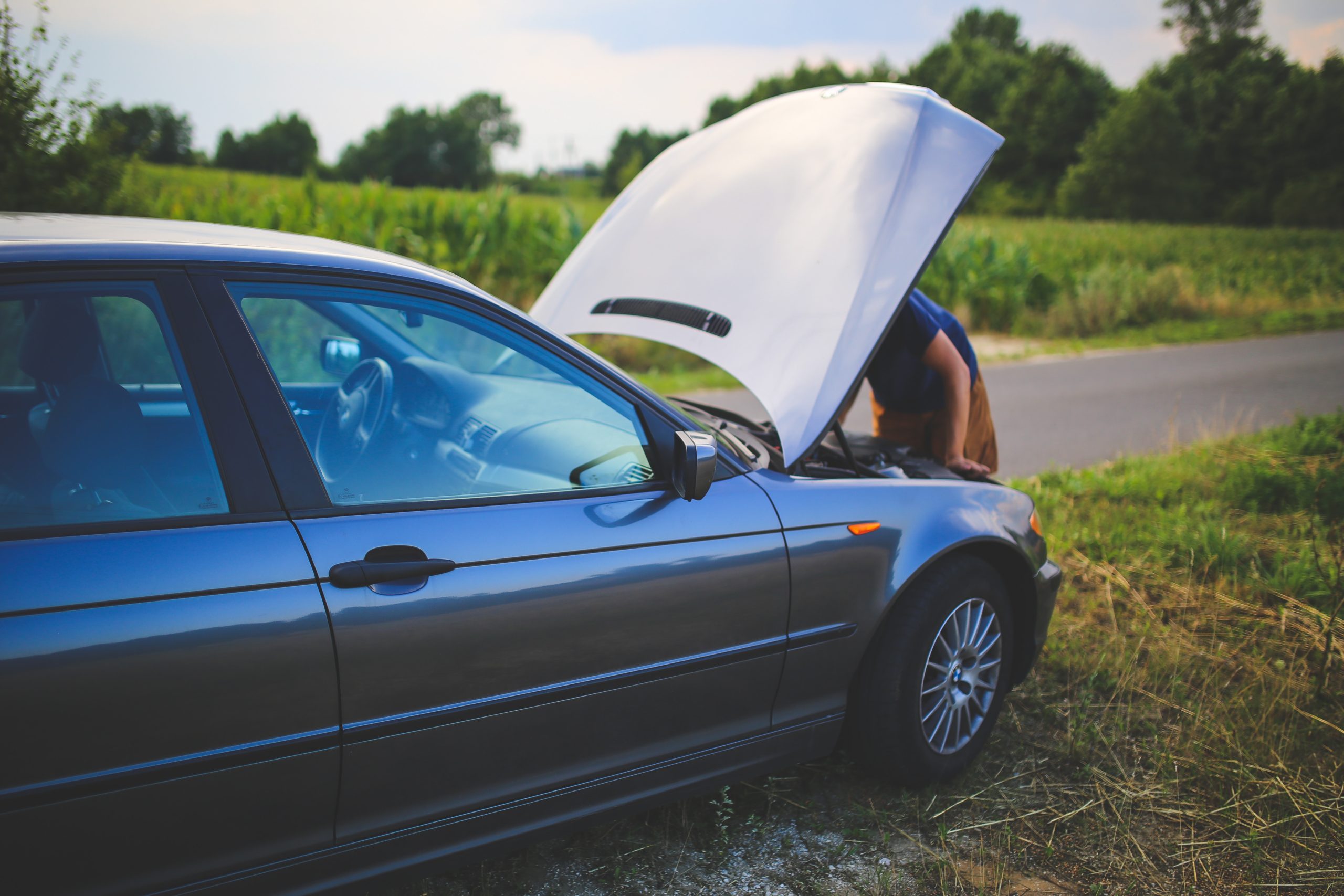
Applying for a car insurance policy can get complicated. This is something we are not taught in schools, and whether you apply online or through an agent, there are some basic things you must know about car insurance. There are also many popular myths that go around the industry, like statistics showing red cars incur more on insurance than cars of other colors, which is certainly not true. Then there is some knowledge gap that can actually get you in trouble, like not knowing what your insurance covers and what it doesn’t.
Although the internet makes life a lot easier these days, you can compare insurance rates side by side to find the options that work best for you. But there are still a few things you need to know before diving into what’s best for you. Here is a list of the top 10 things you should know before applying for insurance.
Table of Contents
How Are Car Insurance Prices Determined?
The most obvious thing you need to know when it comes to car insurance is how the insurance companies determine your insurance prices. Knowing the inner workings of how prices are calculated will enable you to tweak different aspects of your application to reduce the rates.
Each insurance company has its own method for determining premiums, although the main components are often the same. These include apparent details like the car’s model, when it was made and when you are likely to travel (For example, if you work, will you commute during rush hours?), and of course, your driving history.
Apart from the obvious, insurance companies also take the following into consideration:
Age, Gender, and Marital Status
Statistics suggest that young (inexperienced) drivers are more likely to be involved in accidents. Also, contrary to popular belief, men are more likely to be involved in an accident than their female counterparts.
Marriage also plays a role as single drivers are more reckless and are more often in accidents than married drivers. Perhaps mention your relationship when filling out the insurance form.
Physical Location
Where you live matters as someone who lives in a high-crime metropolitan region is likely to be regarded as a higher risk than someone in a rural location with less traffic and fewer car thefts.
Credit Score
A bad credit score reflects that you are not financially solvent and more likely not to pay insurance premiums on time. Although consumers argue that this is unfair, it penalizes lower-income car owners and seeks the practice to be revoked.
Your Deductible Can Affect Your Rates
A deductible is an amount you agree to pay during a claim if you endure a loss. For example, you have an accident, and the repair would cost $1500. You can have a $500 deductible with the insurance company, meaning they would pay $1000, and you will be responsible for the rest.
If you have a higher deductible, you are more likely to be a careful driver, which means less prone to accidents—this causes the insurance company to reduce your premiums on insurance significantly. So, if you are confident in your driving, paying a higher deductible will actually help you save money.
Difference Between Collision and Comprehensive Coverage
This one is really an alarming one. A recent survey suggested around 70% of Americans believe comprehensive coverage protects their car from damages during a collision which is absolutely not true. So it is essential to know the differences between coverages to make sure you know what coverage you are actually getting.
Comprehensive: Provides protection against accidents other than collisions like theft, flood, fire, or even a tree falling on your car, things over which you have no control whatsoever.
Collision: As the name suggests, “Collision” provides you protection against accidents when you are to blame, like hitting a tree or collision with another car or even hitting a pothole because you are not a good driver; all are covered under the Collision package.
Both Comprehensive and Collision insurance packages are optional but advised to mitigate unforeseen situations.
Liability Insurance Won’t Pay to Repair Your Car
Unlike Comprehensive and Collision coverages, Liability coverage is mandatory as it is compulsory by law since it covers the costs of injuries, death, or damage to another vehicle or property caused by you or another driver while operating your vehicle.
If you’re at fault in a vehicle accident, liability insurance will only cover your legal obligations to the other driver and their passengers. It can be used to pay for medical expenditures, lost earnings, and pain and suffering for the other driver.
Liability insurance may also cover the expenses of repairing or replacing the other driver’s vehicle, as well as any other property you may damage.
But what it won’t cover is the cost of repairing your car. If you do require that coverage too, you have to get the Comprehensive and Collision coverages as explained above.
Expensive Cars Do Not Always Have Higher Insurance Rates
A common misconception is that a more expensive car has a higher insurance premium which is not always the case. Because of their past record, a specific model of car can be more prone to accidents and therefore may have a higher rate of premium. So when looking for a new car, do a quick Google search to check the rates others of your age are paying. This is especially true when buying a used car, so do your research before buying a car.
Discontinuing Insurance Can Hike the Price
If you are planning not to drive your car for an extended period of time, it may be tempting to discontinue your current insurance plan. There are no apparent disadvantages but do note that if you ever need to resume your coverage again, the rates will most certainly be higher. So as a general rule of thumb, if you are not planning to use your vehicle for more than six months only, then opt-out for the coverage, or else you will be paying more in the long run.
The best thing to do here is to contact your insurance provider and let them know what options they have for you; this way, you may be eligible to pause your coverage for a limited time by paying a small fee.
Personal Auto Insurance Doesn’t Cover Vehicles Used for Business Purposes
This one is significant for folks who have some kind of a side gig going around like Ride-sharing drivers — such as Lyft and Uber or people who deliver food to customers using their own car. The majority of rules forbid the use of a personal car for company activities. If your insurance company discovers you’re doing this, they’re likely to terminate your policy.
To be completely safe, it is better to talk to the insurance company and get an endorsement of your policy to include business driving.
It’s Illegal to Drive Without Proper Car Insurance
As we discussed before, Liability insurance is compulsory, and it is illegal to drive your car without proper insurance. Whether you have other insurance is up to you, but not having the required ones can land you in serious trouble.
Difference Between Non-Renewed Insurance Coverage and Canceled Insurance Coverage
Having to renew your insurance is not the same as getting your insurance canceled altogether; let me explain how. Being non-renewed simply means that after the current coverage expires, the insurance company is unwilling to come forward with new coverage. This may be because of various reasons, including a change in business interest, or maybe you have recently filed many claims. In that case, you will need to renew your insurance coverage, which is not big of a deal.
But canceled insurance means your insurance company has decided to terminate your coverage in the midst of your policy term. This might be due to nonpayment of the premium, application misrepresentation, or fraud. This might make it more difficult to acquire new auto insurance since other insurers will view you as a higher risk.
Some Common Questions About Auto Insurance
Does it Matter Who Was the Driver to Claim Insurance After an Accident?
No, it doesn’t matter who is driving the car as long as it has proper insurance coverage. The insurance is given to the car and not to a particular driver, so if you lend your friend the car, you technically also lend him the insurance. But the person driving must still have a valid license for this to work.
Can I Have Multiple Cars Insured in My Name?
Yes, you can have multiple cars insured under your name; there is no rule against it.
Does a Red Car Cost More to Get Insurance?
No, color is certainly not a differentiating factor when deciding your insurance rates. But other factors like age, sex, and profession can be a factor.
Final Thoughts
Knowing the finer details of your insurance coverage is essential, especially if you want to save some money on it. We really hope these tips help you out, and to learn more about other types of insurance, make sure to keep an eye on our blog.



